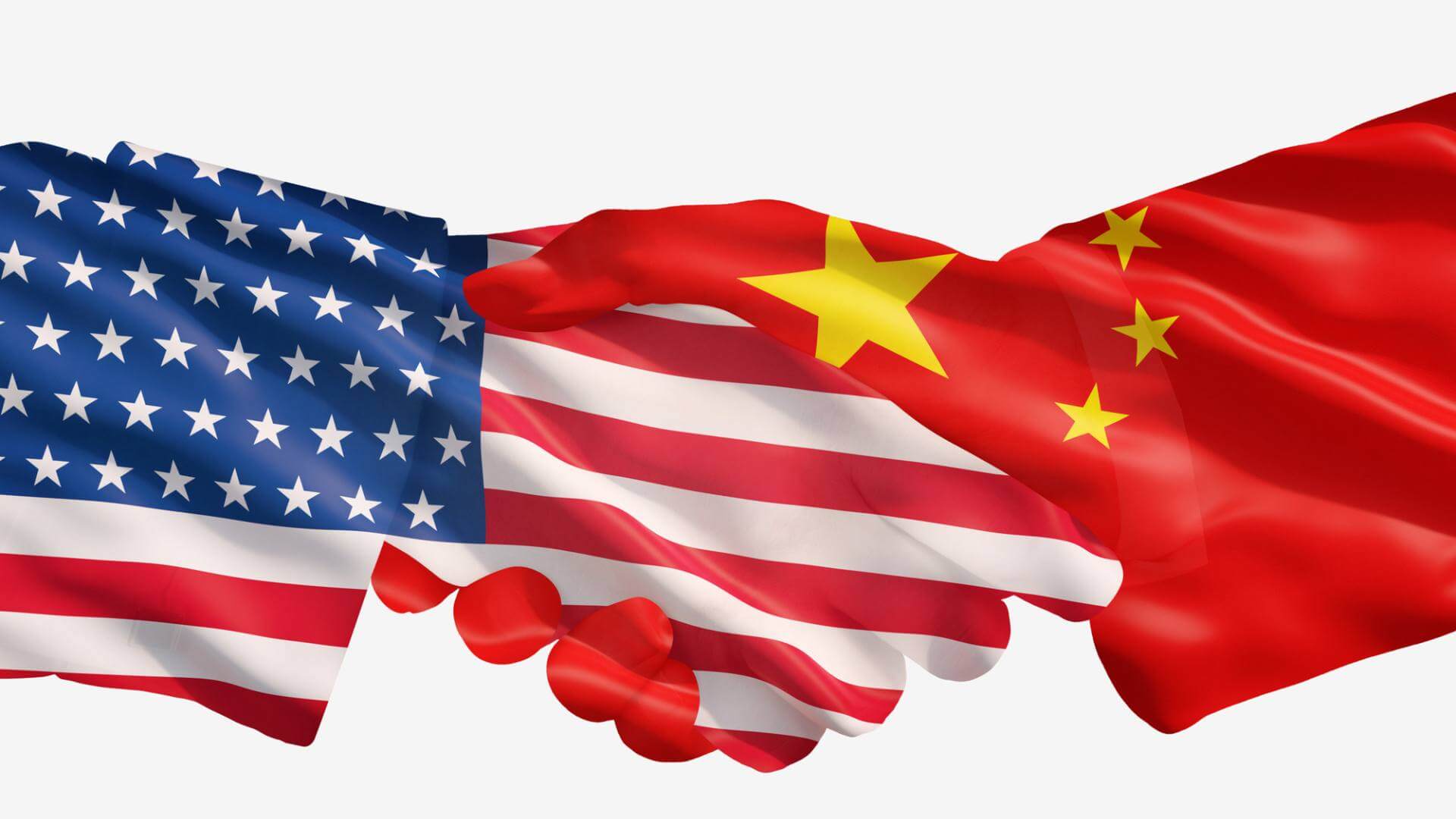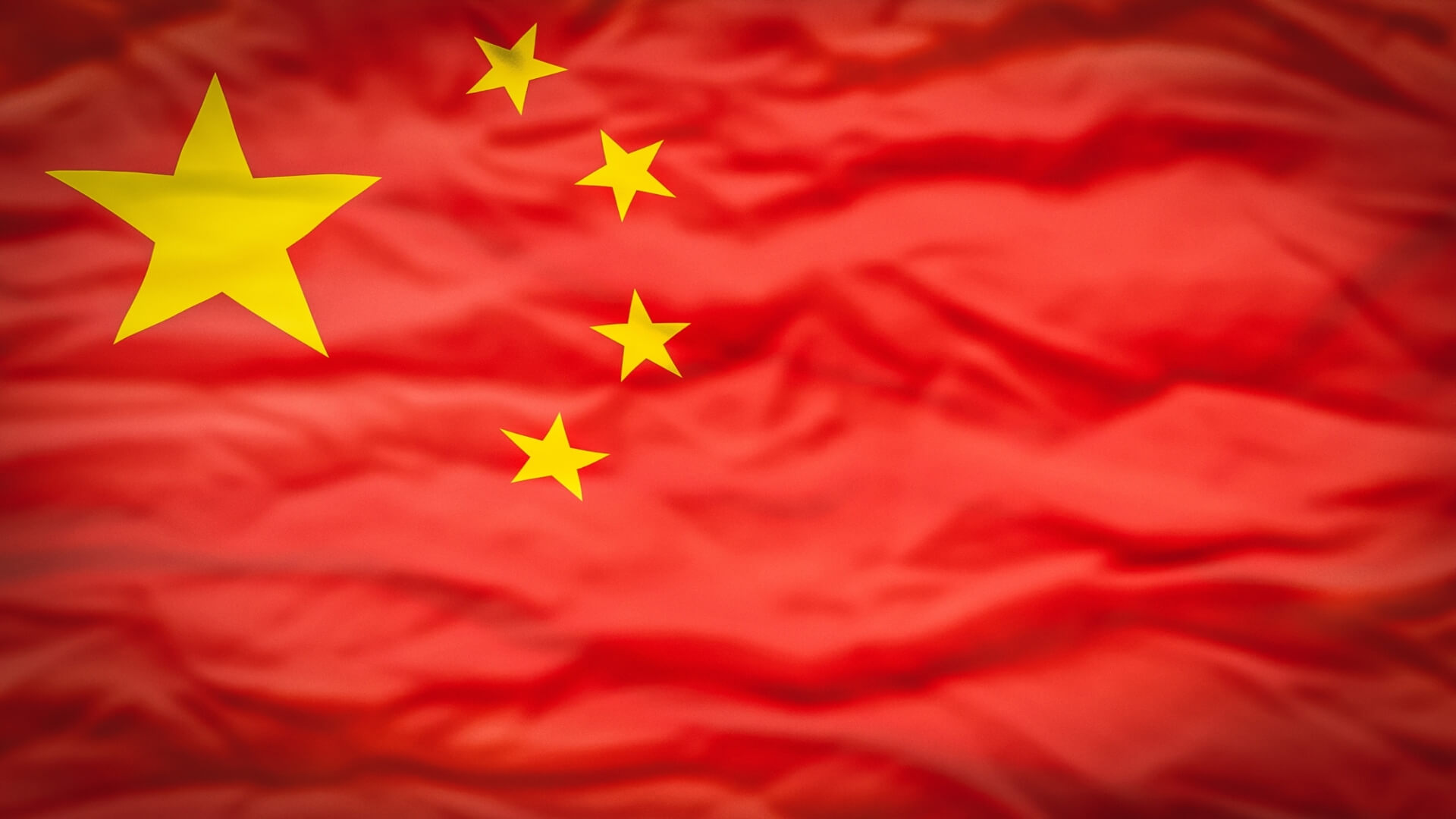The Biden administration is trying to reduce tensions with China and improve the bilateral relationship. Although China’s leaders profess to want the same end, their actions tell a different story. This gap between what China says and does is widening, presenting a frustrating problem for the U.S. The Biden team is busily engaging with Chinese government officials in pursuit of a follow-up meeting between President Biden and Chinese leader Xi Jinping after their summit in Bali, Indonesia, in November 2022. The goal, as national security adviser Jake Sullivan said on CNN, is “to manage the competition responsibly, to ensure that competition does not become conflict.” But there are increasing signs that China’s leaders are not interested in improving the U.S.-China relations at the moment and might even see benefits in ramping up tensions.
The signs were on full display at a recent major international conference in Singapore when China’s defense minister, Gen. Li Shangfu, attacked the U.S. (which he repeatedly referred to with the phrase “some country”) as the source of all the world’s issues, while presenting China as a more reasonable alternative regional power. Li, who is under U.S. sanctions, accused the U.S. of everything from “hegemony of navigation” to “sowing discord among us and fanning the flame” of chaos and instability. China, he said, offered peace, stability, cooperation, and protection from evil Americans.
Several attendees said Li’s presentation to Asian countries of China as a benign and benevolent power is undermined by his country’s actions around the region. For example, Li claimed that China was committed to resolving maritime disputes “in a peaceful manner through negotiations and consultation.” The day before, a Chinese warship conducted a dangerous maneuver that almost caused a collision with a U.S. ship transiting the Taiwan Strait.
The fact that Beijing is ramping up its anti-U.S. rhetoric while doubling down on its bad behavior is dire. Bonnie Glaser, managing director of the German Marshall Fund’s Indo-Pacific program, says that Li’s speech was essentially a message that China wants the U.S. to leave the region not a sign that Beijing wants to work to stabilize the relationship. China’s stance indicates that things will likely get worse before they get better. Here is an opinion piece we found of interest regarding the U.S. and China relationship.
China Isn’t Acting Like It Wants to Improve Relations with the U.S.
In an opinion piece for The Washington Post, “China isn’t acting like it wants to improve relations with the U.S.” Josh Rogin, columnist for the Global Opinions section, argues that the Biden administration is working to reduce tensions with China and improve the bilateral relationship. He adds that although China claims to have the same goal, its actions tell a different story, further widening the gap between rhetoric and reality. The Biden team is engaging with Chinese officials to arrange a follow-up meeting between President Biden and Chinese leader Xi Jinping. The aim is to manage competition responsibly and prevent it from escalating into conflict. However, China’s leaders seem uninterested in improving relations with the U.S. and may even feel they can benefit from increasing tensions.
Rogin says some Asian leaders may be sympathetic to China, but others see China’s policies in the South China Sea as aggressive. Beijing’s increased anti-U.S. rhetoric and continued bad behavior are concerning. He suggests that China wants the U.S. to leave the region rather than working toward stabilizing the relationship. Beijing’s demands for a smooth U.S.-China relationship are extreme, making it unlikely for any U.S. administration to comply, according to Rogin. The Biden administration is trying to minimize confrontation and engage in dialogue, but it recognizes the importance of winning the competition and maintaining U.S. leadership in Asia. Under these circumstances, the best approach for the U.S. is to strengthen alliances, remain active in Asia, defend American interests and values, and keep the door open for engagement with China. However, China’s current stance suggests that the situation may worsen before it improves. Read the full article on The Washington Post.
Disclosure: Fatty Fish is a research and advisory firm that engages or has engaged in research, analysis, and advisory services with many technology companies, including those mentioned in this article. The author does not hold any equity positions with any company mentioned in this article.
The Fatty Fish Editorial Team includes a diverse group of industry analysts, researchers, and advisors who spend most of their days diving into the most important topics impacting the future of the technology sector. Our team focuses on the potential impact of tech-related IP policy, legislation, regulation, and litigation, along with critical global and geostrategic trends — and delivers content that makes it easier for journalists, lobbyists, and policy makers to understand these issues.
- The Fatty Fish Editorial Teamhttps://fattyfish.org/author/fattyfish_editorial/January 19, 2024
- The Fatty Fish Editorial Teamhttps://fattyfish.org/author/fattyfish_editorial/January 3, 2024
- The Fatty Fish Editorial Teamhttps://fattyfish.org/author/fattyfish_editorial/January 3, 2024
- The Fatty Fish Editorial Teamhttps://fattyfish.org/author/fattyfish_editorial/December 31, 2023










